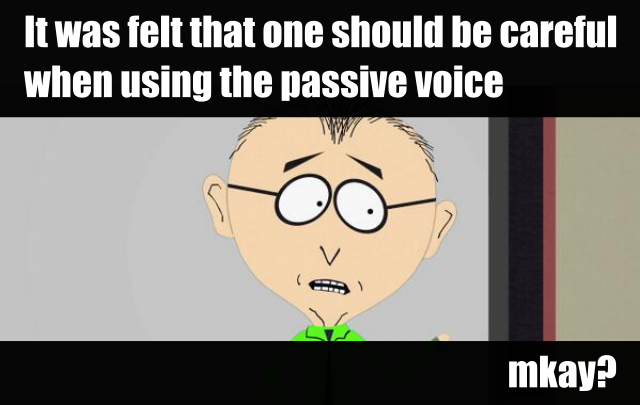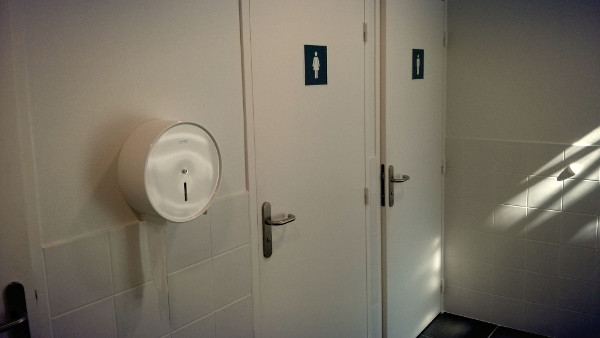Earlier this year, David Barner (UC San Diego) and Jesse Snedeker (Harvard) launched a petition to ask the editors of the psychology journal Cognition to move their journal to 'fair' open access: All articles should be made freely available for anyone to read, and publishing fees should be far lower than the current $2150 per-article option (authors can currently choose to pay this to make their article open access).
If Elsevier, the publisher of Cognition, would refuse to cooperate, the entire editorial board should resign and relaunch the journal under a different name and with a fair open-access model; this bold move would not be unprecedented: the editorial board of Lingua—reborn Glossa—did just that.
This petition was signed by 1660 people, many of which are prominent academics. I signed it as well.

Image adapted from Michael Eisen (license: CC-by)
The editorial board of Cognition responded with an editorial in which they suggested the following 'compromise': Things stay as they are, but authors can request a discounted publishing fee. How much of a discount? And by which criteria? They don't say.
This is typical Elsevier maneuvering: Whenever academics revolt, Elsevier respond with a counterproposal. This gives the impression that they are open to negotiation. But they are really not: The counterproposal is not an acceptable compromise at all—just a rhetoric trick to smother the conversation.
Like this:
- Scientist: There are two apples on the table. You always have both, but I don't think that's fair. I propose that …



